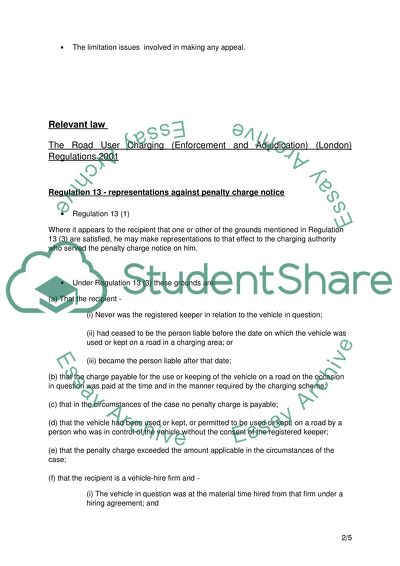UK LAW problem question Essay Example | Topics and Well Written Essays - 500 words. Retrieved from https://studentshare.org/miscellaneous/1545489-uk-law-problem-question
UK LAW Problem Question Essay Example | Topics and Well Written Essays - 500 Words. https://studentshare.org/miscellaneous/1545489-uk-law-problem-question.


